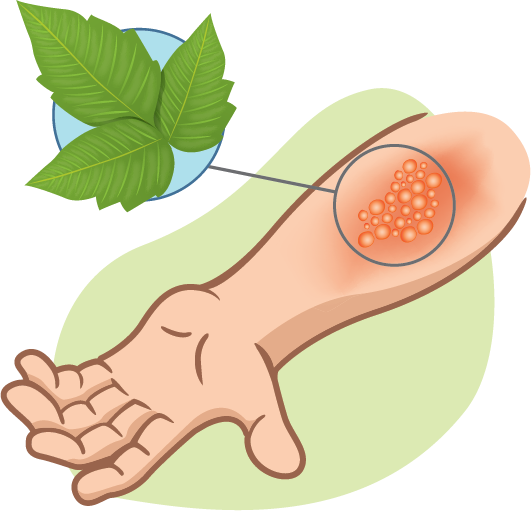Psoriasis is a chronic autoimmune condition that speeds up the life cycle of skin cells. Normally,
skin cells take about a month to mature and shed, but with psoriasis, this process can take just
a few days. The result? Skin cells pile up on the surface, forming thick, red, itchy, and scaly
patches.
Think of it like your skin’s “to-do list” getting rushed and messy. Instead of calmly ticking off
tasks one by one, your body’s immune system panics and says, “Let’s do everything at once!”;
leaving you with inflamed patches that look (and feel) uncomfortable.
There are different types of skin psoriasis:
- Basal cell carcinoma (BCC): Most common and least aggressive; rarely spreads.
- Squamous cell carcinoma (SCC): More aggressive, but treatable if caught early.
- Melanoma: Most dangerous, develops in pigment cells and can spread to other organs.



